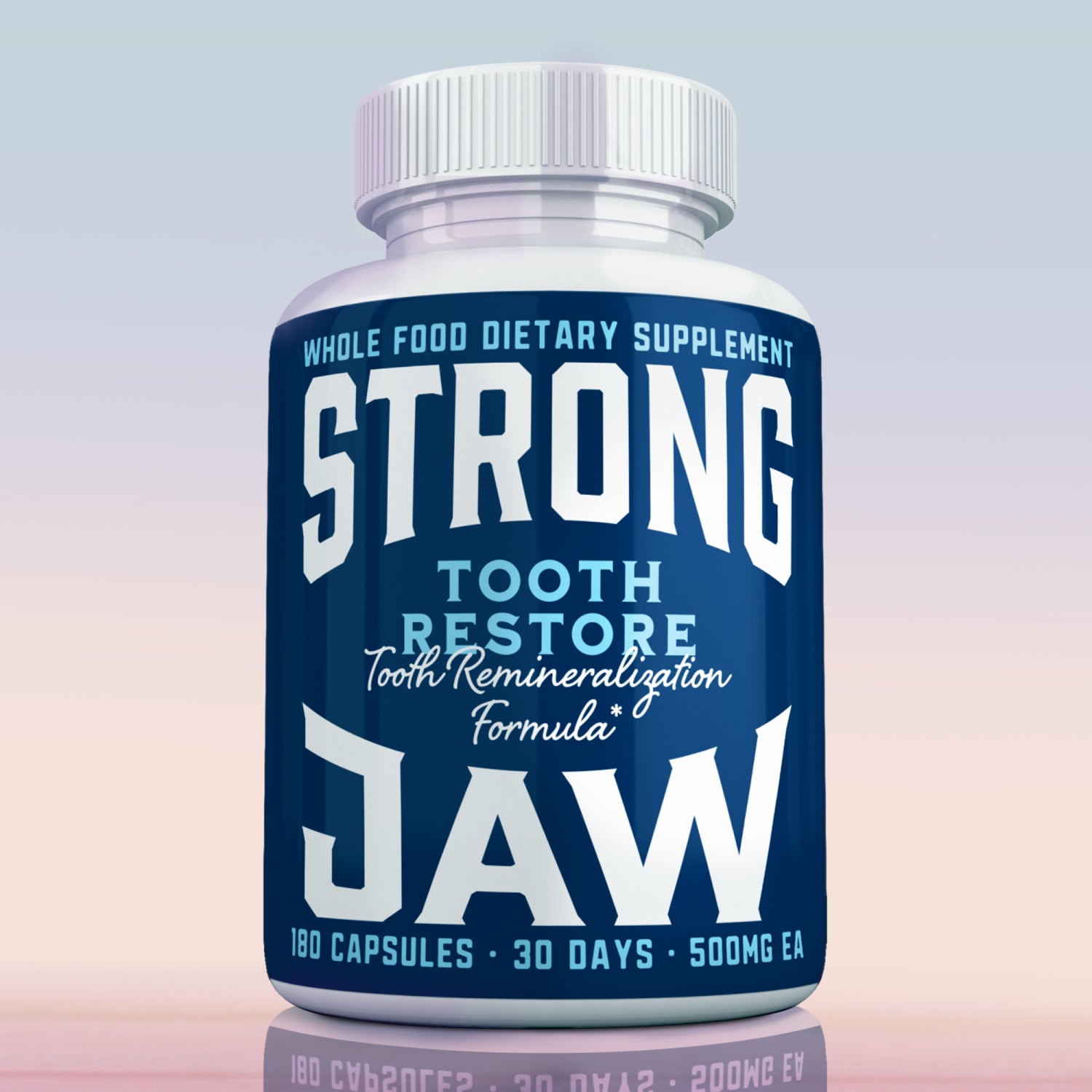Vitamin D Deficiency and Insulin Resistance: The Sunlit Path to Better Health
Introduction
Welcome back to our enlightening series on The Sun. Today, we'll dig into a topic that deserves a closer look—the compelling relationship between Vitamin D deficiency and insulin resistance. While many people fret over the potential risks of sun exposure, we often overlook the essential benefits it offers, particularly in the form of Vitamin D. So, let's explore whether this connection is purely associative or if it has a more direct, causal link.
The Link Between Vitamin D and Insulin Resistance
What is Vitamin D?
Vitamin D is a fat-soluble vitamin essential for maintaining healthy bones, among other functions. One of its primary sources is sunlight, specifically the ultraviolet B (UVB) rays that our skin absorbs and converts into Vitamin D.
What is Insulin Resistance?
Insulin resistance refers to the reduced ability of cells to respond to the hormone insulin, which regulates blood sugar. Left unaddressed, it can progress to Type 2 diabetes and is also linked to various other conditions like cardiovascular diseases.
The Association

Several studies have noted a strong association between Vitamin D deficiency and insulin resistance. The relationship suggests that a lack of Vitamin D may be a contributing factor to insulin-related issues.
| Vitamin D Level | Risk of Insulin Resistance |
|---|---|
| Low | High |
| Moderate | Moderate |
| High | Low |
Causal vs. Associative Relationship
It's crucial to understand the nature of this relationship—whether it's causal or merely associative. A causal link would imply that Vitamin D deficiency directly contributes to insulin resistance. In contrast, an associative relationship means the two simply occur together but one does not cause the other.
So far, the evidence leans towards an association, though several mechanisms could explain how a deficiency in Vitamin D might worsen insulin resistance.
Mechanisms Linking Vitamin D and Insulin Resistance
There are numerous mechanisms by which Vitamin D deficiency could worsen insulin resistance. For example, Vitamin D plays a role in the secretion and function of insulin. A lack of it might make insulin less effective, leading to higher blood sugar levels.
Interestingly, there is also a connection between insulin resistance and increased risk of certain cancers. This correlation further underscores the importance of maintaining adequate levels of Vitamin D.
Evolutionary Perspective
From an evolutionary standpoint, humans have long been exposed to the sun. The sun was our original, and for a time, the only source of Vitamin D. Vitamin D deficiency would have led to insulin resistance, bringing about various negative health effects that could have been detrimental to survival.
Diet and its Role
Historically, seeds and seed oils were not a large part of the human diet. They are seasonal and hard to acquire, and there is growing evidence that these could contribute to insulin resistance.
Note: Linoleic acid, commonly found in seeds and seed oils, could also play a role in weakening cell membranes, thereby potentially affecting insulin resistance.
The Melanoma Debate
While we're discussing sun exposure, it's worth taking a brief detour into the melanoma debate. Contrary to popular belief, melanoma may not be primarily caused by the sun. It's more likely to be contextual—perhaps linked with linoleic acid in cell membranes or even subcutaneous levels of adipose tissue. This area is ripe for further research, especially given its potential implications for Vitamin D and insulin resistance.
Take-Home Message: Embrace the Sun, But Don't Get Burned
So, where does all this information lead us? First and foremost, do not fear the sun. While it's essential to avoid getting burned, moderate sun exposure is beneficial for our overall health, including our Vitamin D levels.
Recommendations for Safe Sun Exposure
- Spend 10-30 minutes in the sun, a few times a week
- Use sunscreen after the initial, unprotected sun exposure (especially in the summer months)
- Consider Vitamin D supplements in the absence of adequate sun exposure (we formulated Tooth Restore and Gum Restore with vitamin D3)
To obtain the necessary Vitamin D, spending time outdoors and receiving some sun can help your body naturally produce it, while remembering to apply sunscreen in peak UV hours (check the free app dminder to see when those hours are based on your location and how much vitamin D you can personally create from the sun).
Only use sunscreens which are tallow based with the active ingredient as non-nano zinc oxide. Here's our favorite. Why, non-nano zinc oxide only? You can read why here.
Further Research and Exploration
The potential relationship between melanoma and subcutaneous levels of adipose tissue is fascinating and deserves more investigation. Additionally, more research is needed to explore the mechanisms that link Vitamin D deficiency and insulin resistance.
Conclusion
In conclusion, the relationship between Vitamin D deficiency and insulin resistance is a crucial area of study that has far-reaching implications for our health. Whether the link is causal or associative is yet to be definitively proven, but the evidence does suggest that the two are strongly connected. So, embrace the sun responsibly and pay attention to your Vitamin D levels—it might just be your pathway to better health.
Call to Action
We would love to hear your experiences and insights on this topic. Feel free to share your thoughts in a message to us here. And if you found this article informative, make sure to follow our blog for more enlightening discussions on the sun and your health.
By understanding the intricate relationship between Vitamin D and insulin resistance, we take one more step towards holistic well-being. Until next time, stay sun-kissed, not sunburned!



